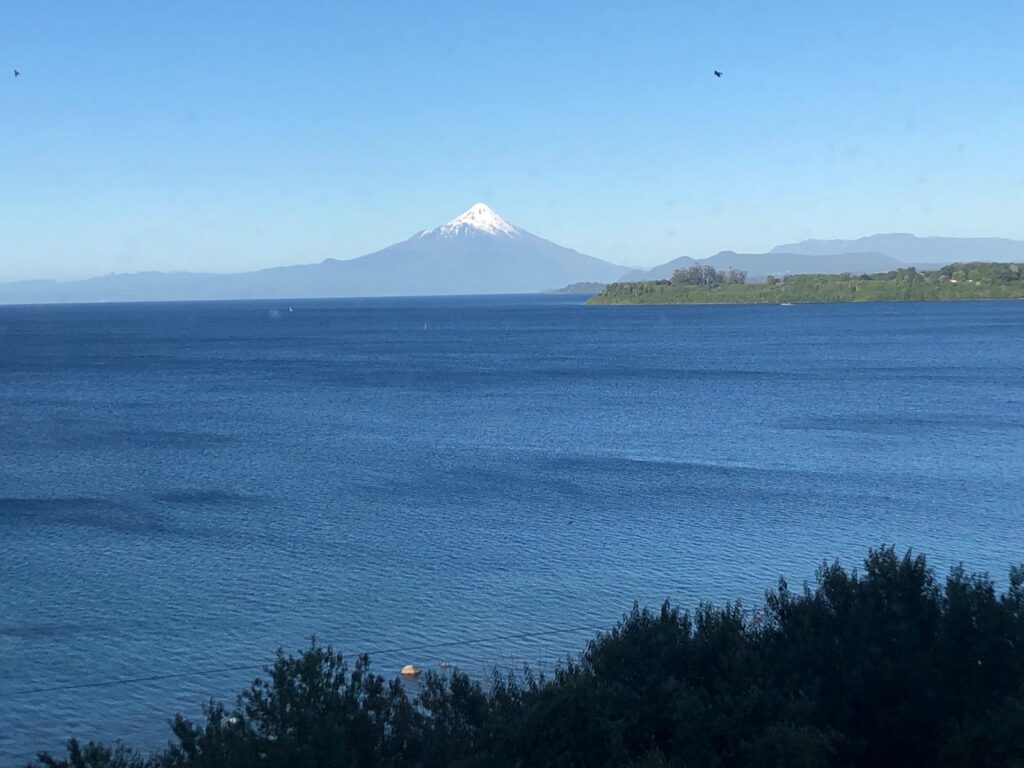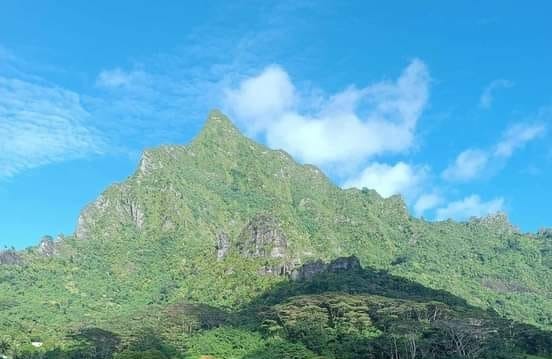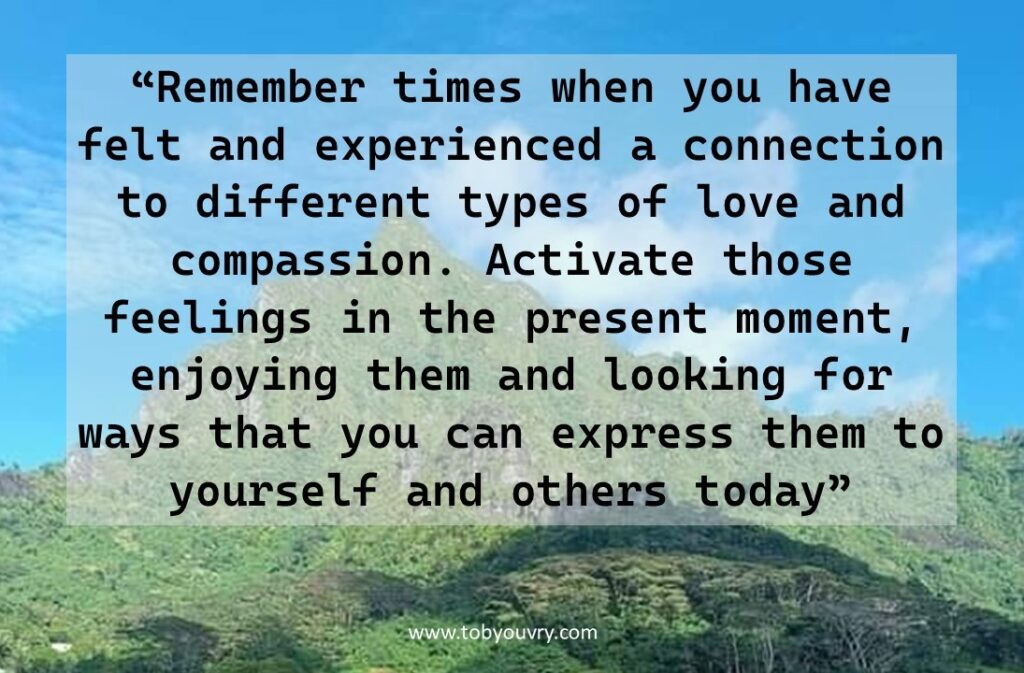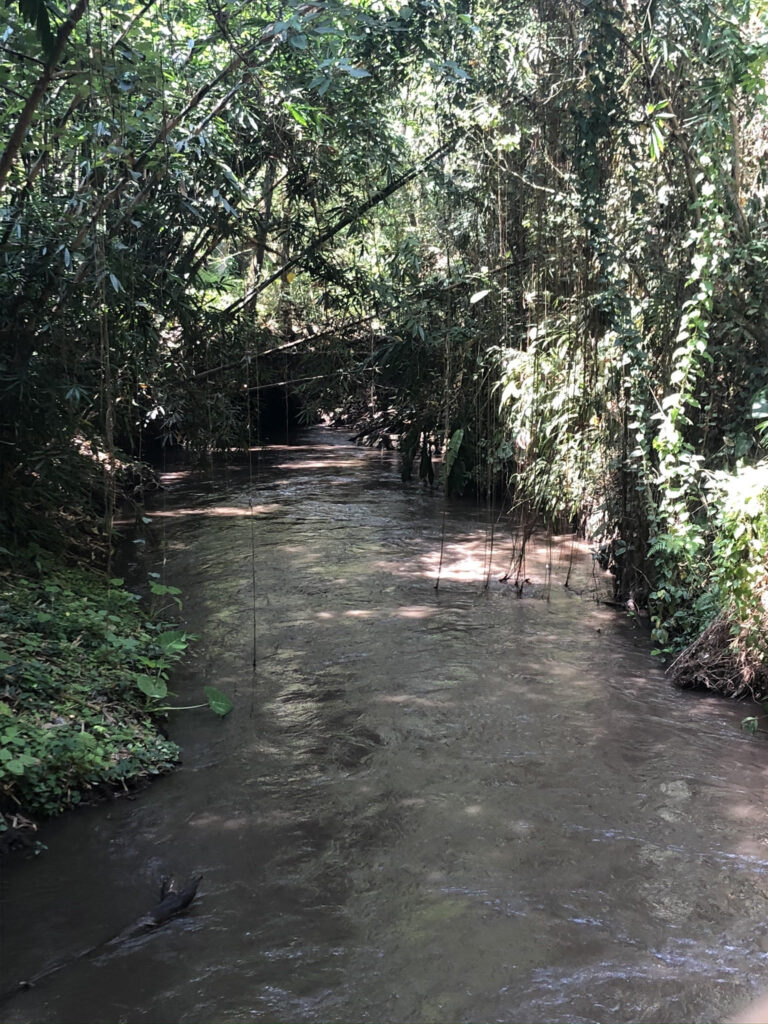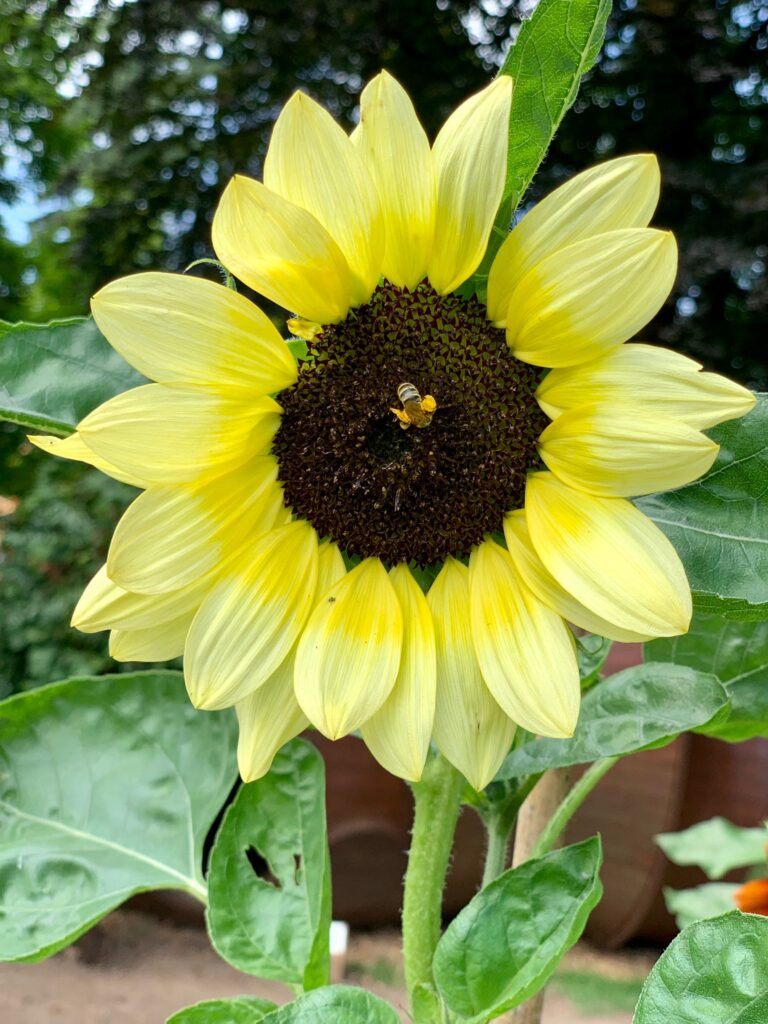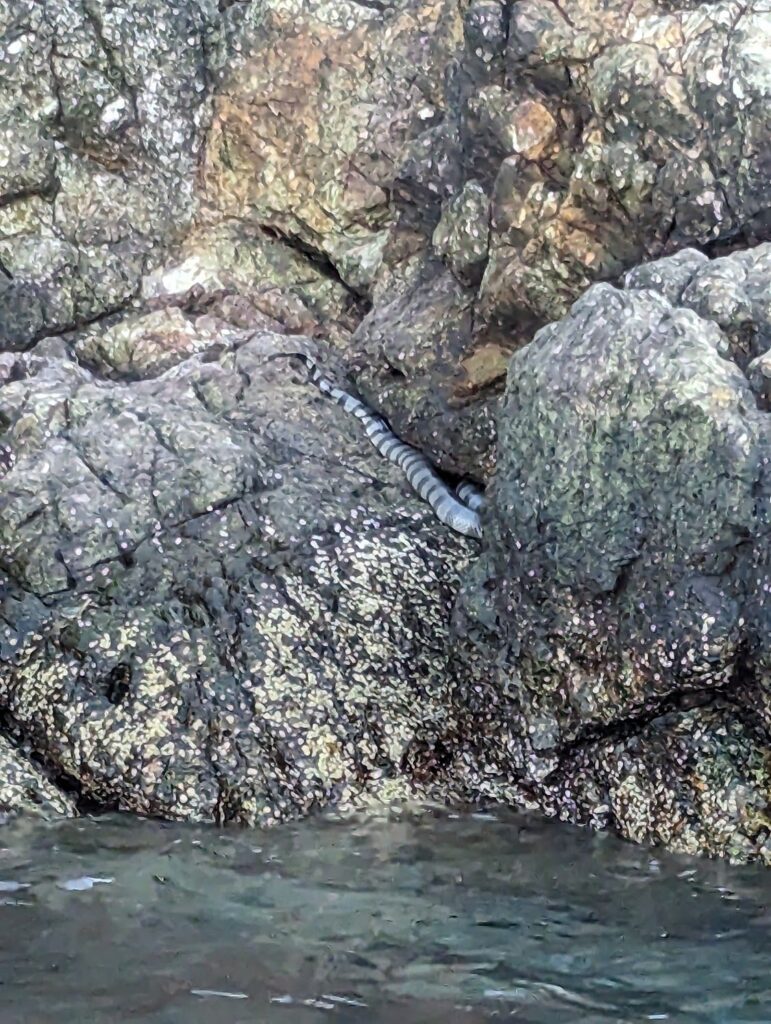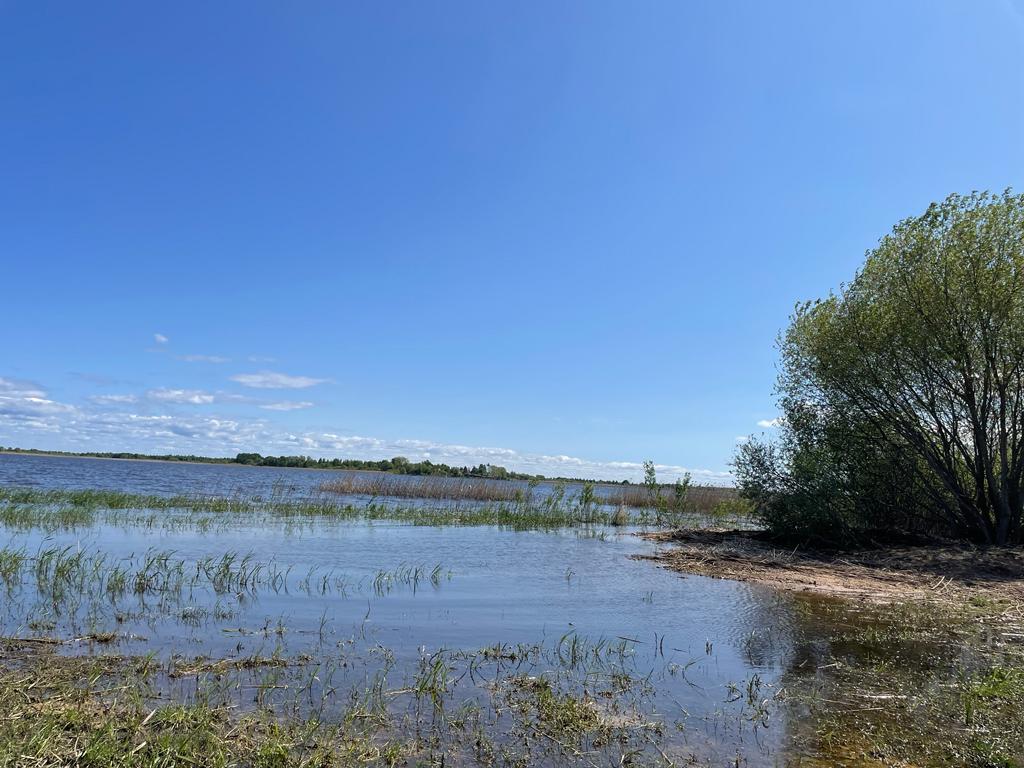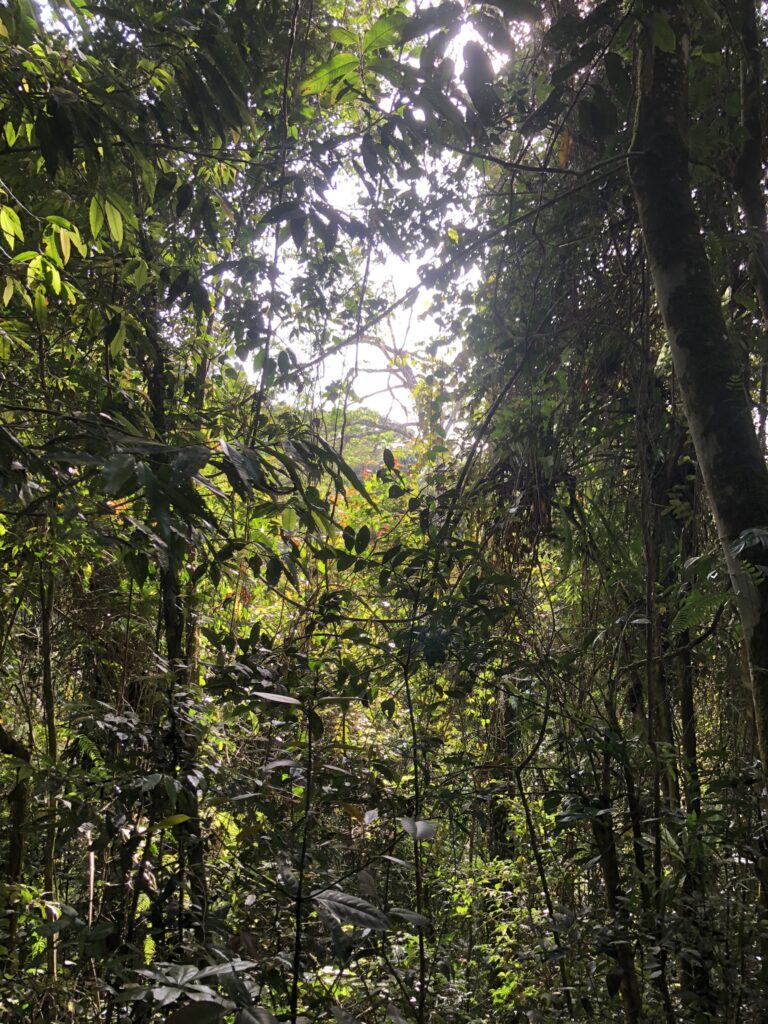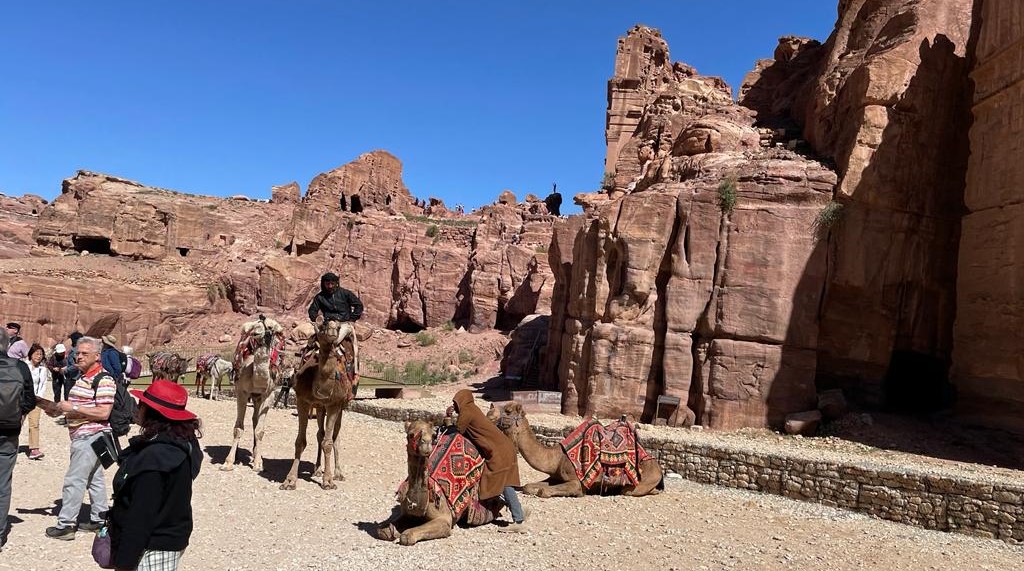“In any path of mastery, the purpose of the outer guru is to reveal the inner guru.”

Dear Integral Meditators,
This week’s article is a reflection on developing confidence in your own inner guidance. If you enjoy it, the theme will be quite a big part of this Tuesday & Wednesday’s Wesak Class meditation.
Heads up for this weekend’s Awakening to benevolence & compassion mini-retreat on Saturday the 25th.
Finally, I have created a new series starting Tues /Weds 25th & 26th June – The Wisdom of Awakening Series: Meditations for cultivating your inner guidance & guru, which obviously relates closely to the article, exploring this theme in depth…
In the spirit of your inner guru,
Toby
Trusting your inner guru
I spent the first ten years of my meditation practice training in the Tibetan Buddhist path. After four years I had become a monk. After four years as a monk I could feel that I was approaching the end of my tenure with that group and with my guru or teacher at that time. That summer I went back to the UK from Singapore to listen to teachings and meditate with the spiritual community, as had been my habit for several years. By far and away the most significant words I heard from my guru over those two week’s was “The purpose of the outer guru is to reveal the inner guru.” These words were like a mantra for me for the next nine months, by the end of which time I had decided to leave my life as a monk and go back into lay life, whilst continuing my path as a meditation teacher. The difference was that now I was just a meditation teacher, not from any group or tradition, just teaching and offering guidance as myself.
The purpose of quietening the mind
A side effect of meditation is to calm the mind, and therefore to experience less negative stress and more peace. If we are interested in meditation as a creative path of awakening, we can also see that quietening the superficial noise in the mind is also to put us in touch with the deeper voices, intuitions and impulses that are showing us the way along our path in life.
What outer gurus & guides have that we do not
An outer guru, in order to be one who has any qualification, has to be in touch with his or her inner signals. S/he must have established a stable link to the higher and deeper levels of her consciousness, where the guidance comes from. The function of the Guru, if they are worth their salt is to empower/enable their students to get in touch with their inner guidance so that, eventually, the student becomes independent of the master. If a master teaches students to become independent in this way, s/he may find that there is quite a high turnover rate in their classes. Or alternatively, students go and return to the master as their own (ie: The student’s) inner guidance inclines them. By teaching independence, the master avoids the co-dependency that happens in many groups.
Courage as the first virtue & your inner sense of timing (when I left my life as a monk)
I can remember the exact moment that I new I would leave my life as a monk. It was in Los Angeles, at another spiritual gathering with my old Tibetan group. I came in slightly late for the final chanting session, and found myself sitting a few seats back from the main group in the room. As I sat there, I realized I simply was no longer with this group (a purely intuitive and energetic sensibility), and I knew I would be leaving. In the subsequent months, telling my guru I was leaving and setting out on my own was a time full of anxiety and courage in equal amounts. I knew that if I didn’t have the courage to move forward at this time, I would be going fundamentally against the grain of my inner guidance and guru. My inner guru was now the primary guide in my life, but really feeling fully confident in that would be a work in progress for a number of years subsequently!
A short story
I hope you’ve enjoyed my thoughts above; I’ll end with a short story from Anthony De Mello that speaks to this is a fun way:
AVOIDANCE
A tourist, looking at the portraits of former Masters in the temple said. “Are there any
Masters left on earth?”
“There is one.” said the guide. The tourist solicited an audience with the Master and
started with the question, “Where are the great Masters to be found today?”
“Traveller.” cried the Master.
“Sir!” the tourist answered reverently.
“Where are YOU?”
Article & content © Toby Ouvry 2024, you are welcome to use or share this article, but please cite Toby as the source and include reference to his website www.tobyouvry.com
Follow Toby on: LinkedIn, YouTube, Instagram
Integral Meditation Asia
Online Courses * 1:1 Coaching * Books * Live Workshops * Corporate Mindfulness Training *Life-Coaching * Meditation Technology
